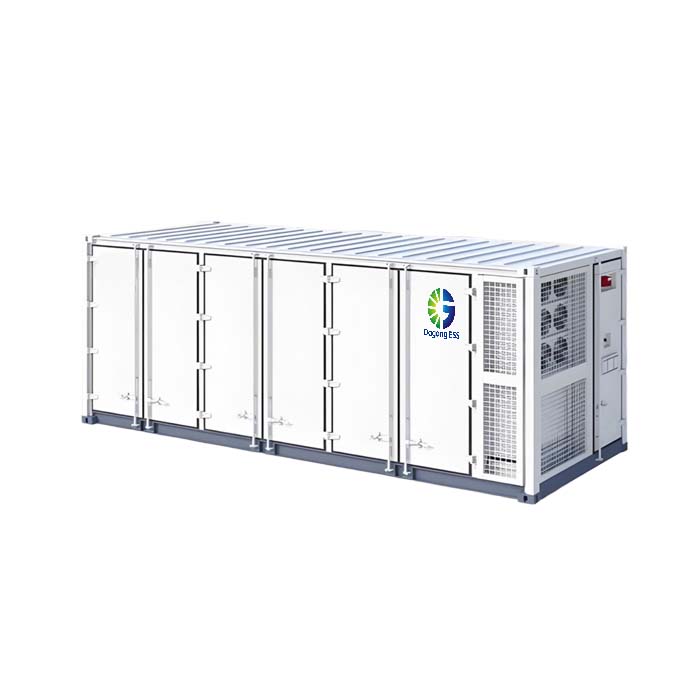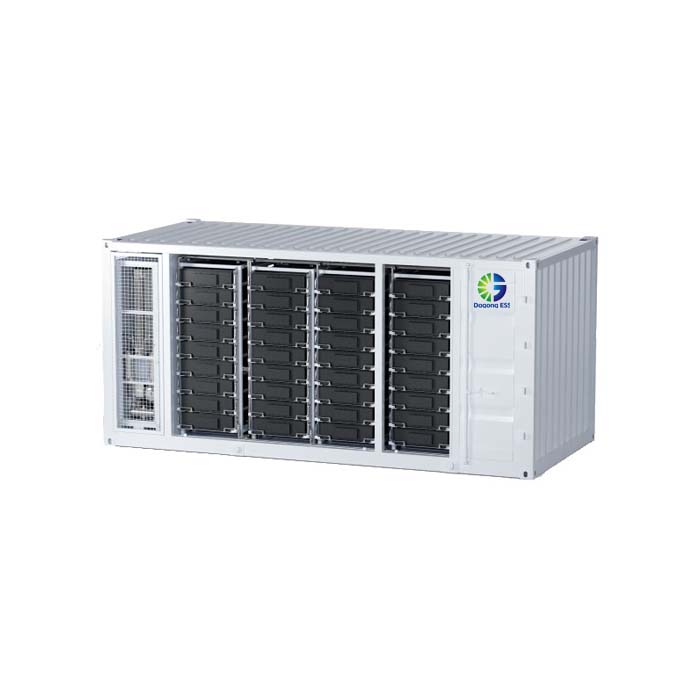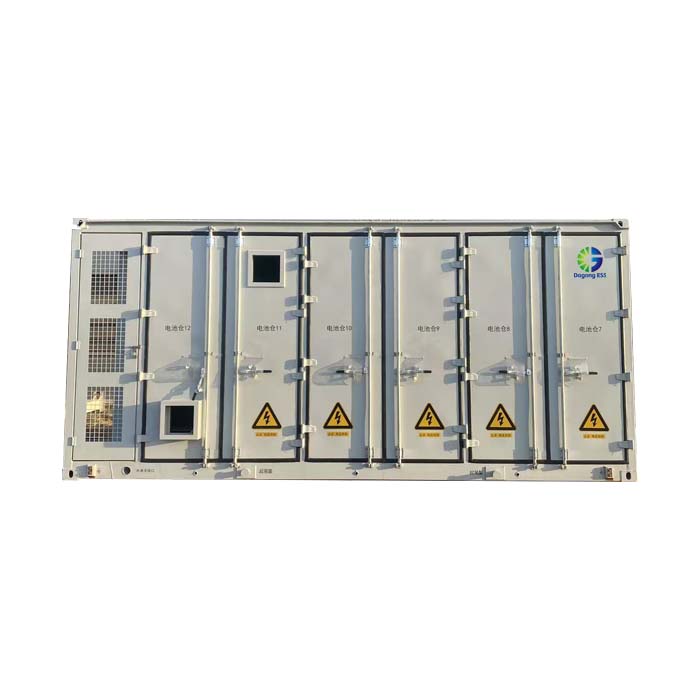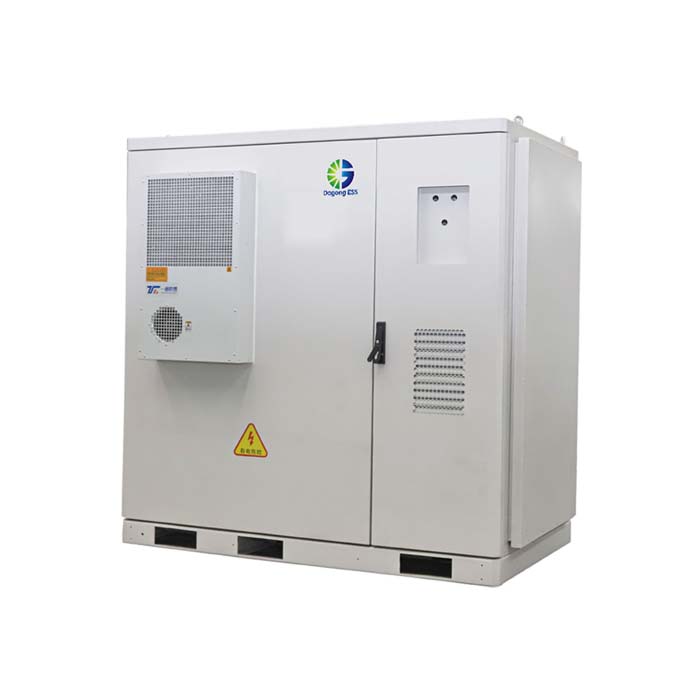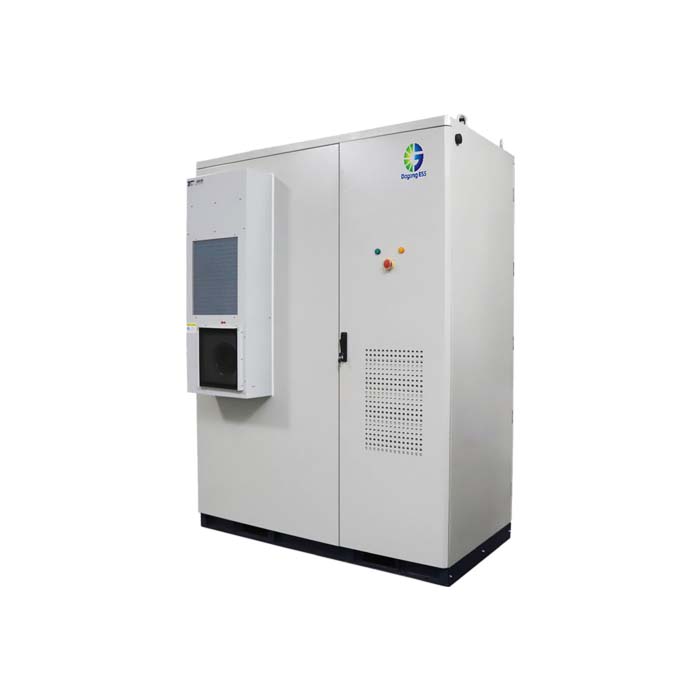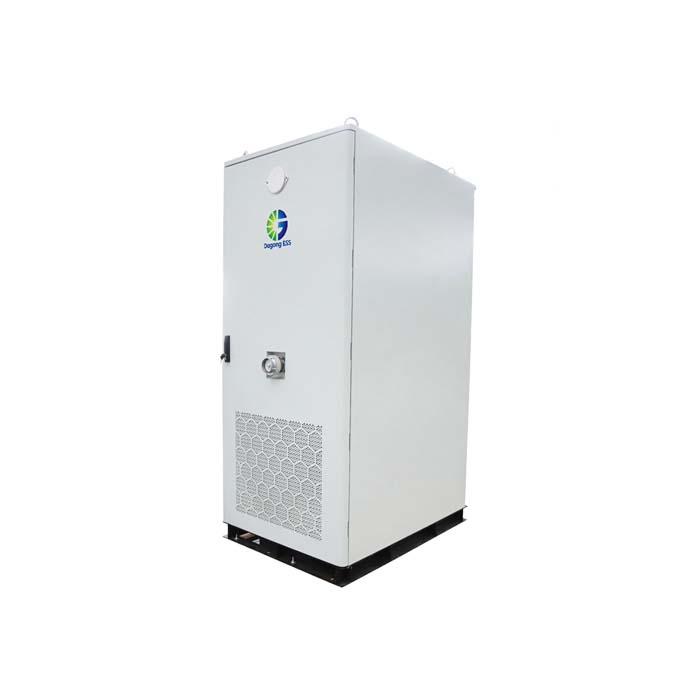- 2026-02-11 11:19:34
DC vs AC Containerized Energy Storage: Choosing the Right Architecture for Your Project
Explore the differences between DC-side and AC-side container energy storage systems, their technical advantages, and ideal applications for commercial, industrial, and utility-scale renewable energy projects.
Read More

